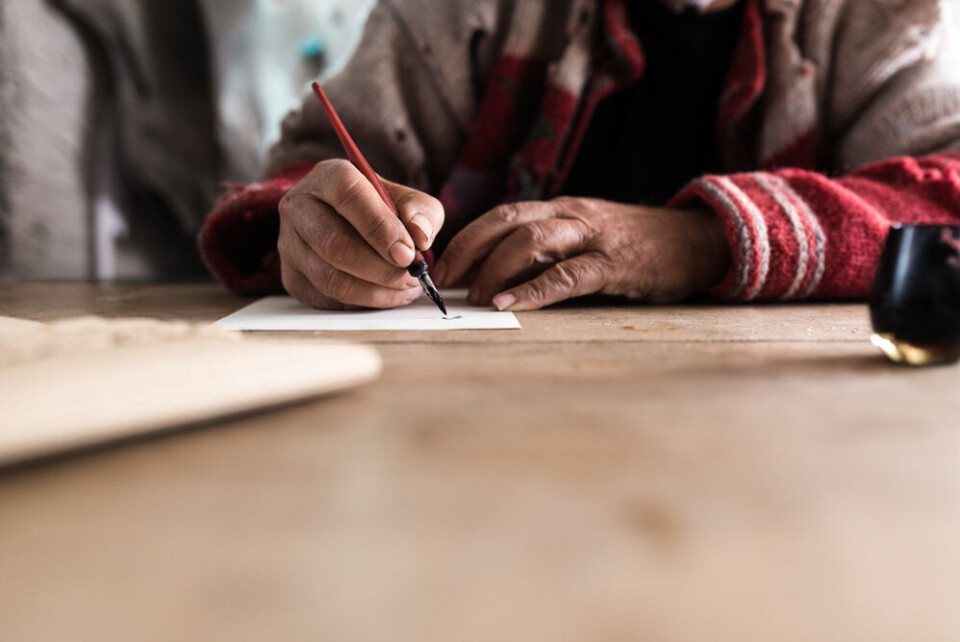-
Is health insurance required to return to visit England from France?
Certain health access remains free at the point of use for all
-
Do self-employed people in France put their personal assets at risk?
Rules for self-employed workers are different than for employees
-
Can you check if someone has made a will in France?
A national will register can be consulted by anyone providing certain information is given
What are the rules on French handwritten wills?
Partner article: We explain how to make an olographe will and avoid common mistakes that testators often make.

Reader question: How do I make a French olographe will? I heard that it is an easy process, but is it correct that it can only leave assets that belong entirely to yourself?
An olographe will is a handwritten will. They are the most common type of will in France and are easily administered and recognised by a French notaire.
The validity requirements are set out under Article 970 of the French Civil Code: the will must be entirely (and only) in the testator’s handwriting, signed, dated, and shown to be a testament (will).
The article states: “Le testament olographe ne sera point valable s’il n’est écrit en entier, daté et signé de la main du testateur: il n’est assujetti à aucune autre forme” (An olographe will is not valid unless it is written in full by the testator, dated and signed by them. It is not valid in any other form).
A common mistake is to get another person to witness the will.
However, as the requirement is that the will must be written entirely by the testator, any mark by other people can invalidate it.
Regarding your question about the type of assets that can be left in an olographe will, it is correct that you can only leave your own assets.
However, these can either be ones owned in your sole name, or your share of assets owned jointly.
Note, though, that some joint assets will pass outside of a will (such as a house held with a tontine clause, or assets that are part of a Universal Community marriage regime).
It is prudent to have a will in addition to such arrangements, however, to pick up assets that are not covered, or in case those arrangements fail.
It is always best to seek professional specialist advice to check your current arrangements, and to know how to correctly draft an olographe will.
While olographe wills are quite easy to make valid, it can be more difficult to get them right.
Related stories:
Can I destroy my old will now I have a French one that elects UK law?
Can I simplify my wills for my properties in the UK and France?
























